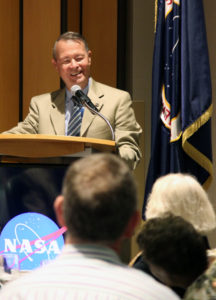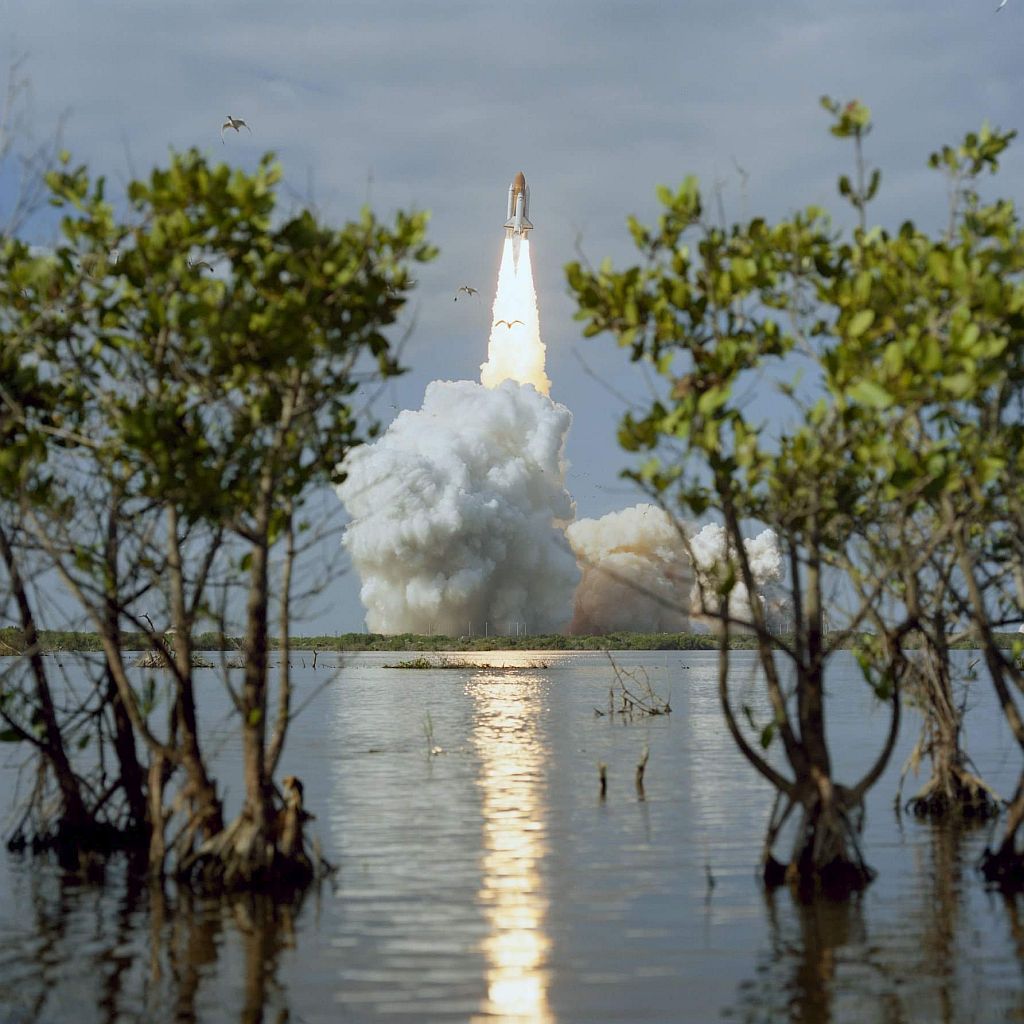Dr. Al Koller, Guest Author, March 3, 2023
What follows is a summary of my concerns and some key recommendations for dealing with the expected growth of activities linked to the spaceport at Cape Canaveral currently shared by NASA, the Space Force, and Space Florida.
With the rapidly increasing traffic model and the addition of new partners at Florida’s Spaceport, this has to be a very exciting and challenging time for Space Florida. The increasing flight rate is unprecedented, and the emergence of an integrated launch site including NASA, DOD, and Space Florida as the lead agencies presents a whole new set of processes and operations that require careful management to maintain the delicate balance between much needed economic development and the quality of life in Brevard.
As the NASA lead for development of the Environmental Impact Statement for the Space Shuttle (1979), I became intimately familiar with the federal organizations and state groups having vested interests in how business is done here.
I’m concerned about the growing need for coordination among the lead organizations to address spaceport development issues like airspace management, land and water allocations, habitat preservation, workforce recruitment, housing and all that goes along with rapid growth and launching from the middle of a major national wildlife refuge alongside a national seashore that hosts some of the world’s most important turtle nesting sites. Decisions are being made on an individual project basis without an overall review of cumulative effects. That doesn’t bode well for the future.
There are a number of local groups working to strengthen oversight of things like permitting and field monitoring, but there appears to be a lack of overall coordination among the lead agencies. If that is true, cumulative effects have the potential to become very difficult and expensive to manage. It doesn’t have to be that way, but it’s easy to fall into that approach with so many organizations involved. With great risks there are also great opportunities to work in new ways.
Brevard’s municipalities are concerned with the demand for a growing workforce needing housing, fire and healthcare services, security, education, and similar activities that all require infrastructure that is either already pretty old (much was emplaced in the early 1960s) or already saturated. I think Space Florida has an important role to play.
Someone should consider reviewing the agreements that were put in place when the land under KSC and the Cape, including many private homes, was acquired under eminent domain. The situation isn’t like Reedy Creek, but the state may have retained rights to how that property is being used. If so, that may give Florida a strong influence in assuring proper management of the natural resources there to protect the interests of the surrounding communities for things like beach access, lagoon restoration, coastal resiliency, protection of fisheries, habitat conservation, and basic controls of important water resources that provide the fundamentals needed to support life on our space coast.
No site anywhere in the world comes close to what the government and commercial space teams are doing at Florida’s Spaceport. The recent record number of launches are great examples of a flexibility by NASA and Space Force range responsiveness I never expected. I have their best interests at heart and try to do what I can to assist where possible.
I think a review of the overall decision-making process is needed, perhaps creating a task force composed of the key federal and state organizations to oversee and coordinate transforming the Cape from a federal-only enclave to a major integrated launch site for all kinds of space-related operations, including space tourism.
I’m reminded of the transformation that occurred when McCoy AFB became Orlando International Airport. That may seem like a stretch, but I think it could happen here, and sooner than anyone expects. Just imagine what that would look like and how it should be managed. Here’s hoping we can manage our growth in ways that bring success without damaging quality of life on our Space Coast.
About Dr. Al Koller

In 2013 Dr. Koller retired as Principal Investigator for SpaceTEC, NSF’s National Center of Excellence for Aerospace Technical Education. For 21 years he was a senior administrator at Brevard Community College (now Eastern Florida State College) and for 32 years he was a NASA engineer/manager during Mercury, Apollo, Skylab, ASTP, and Space Shuttle. He earned his MS (1967) in Systems Management and his DBA (1974) in Management and Quantitative Methods from Florida State University. He remains active as president of the e3 Company of Florida, LLC.
He is married to the former Carol Ann Knight, and together they have four children, ten Grandchildren, and 8 great Grandchildren. They are long-time Episcopalians and have lived in Florida for more than 60 years.
Website: https://e3company.com
Video: American Space Museum Interview

